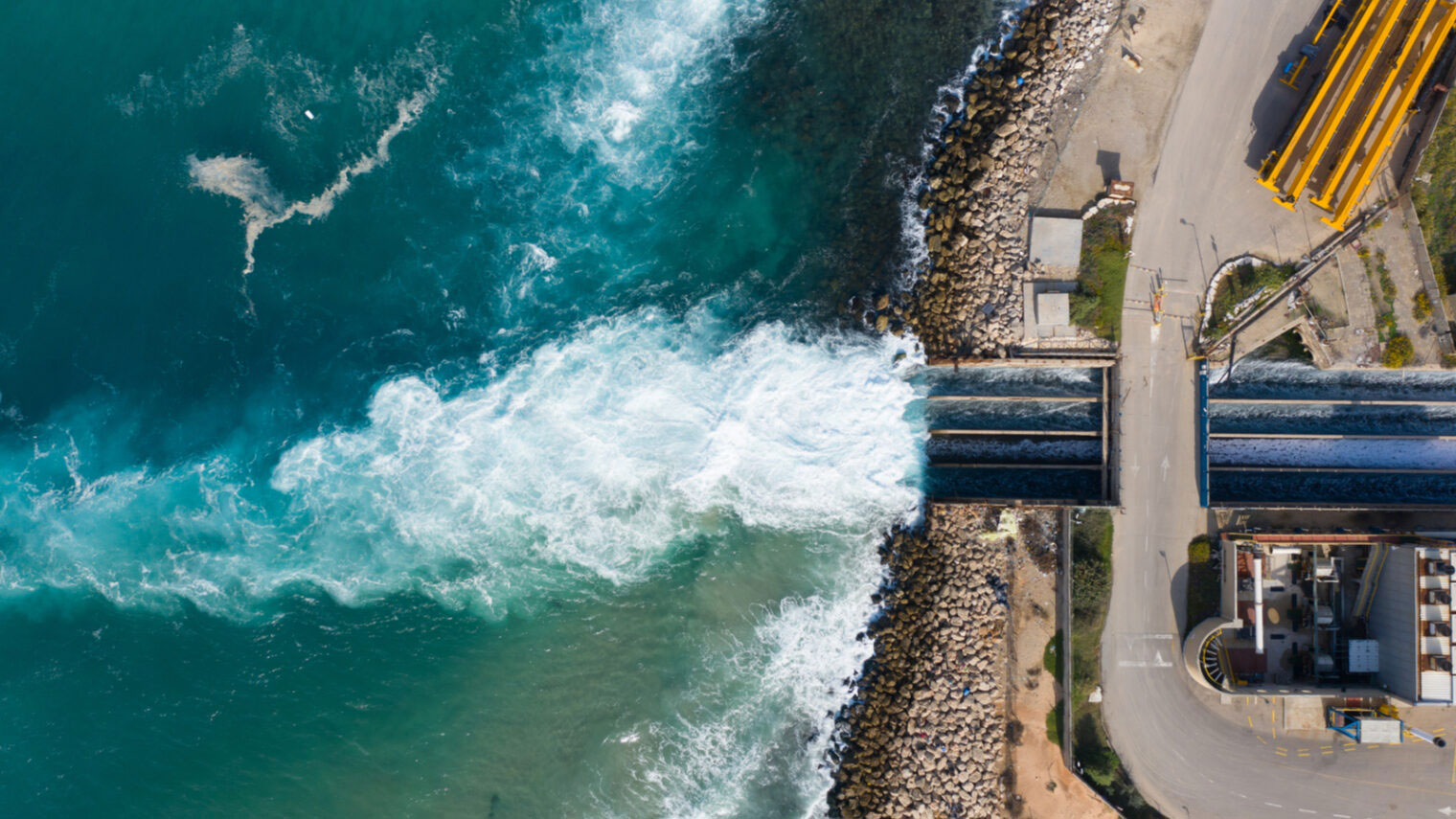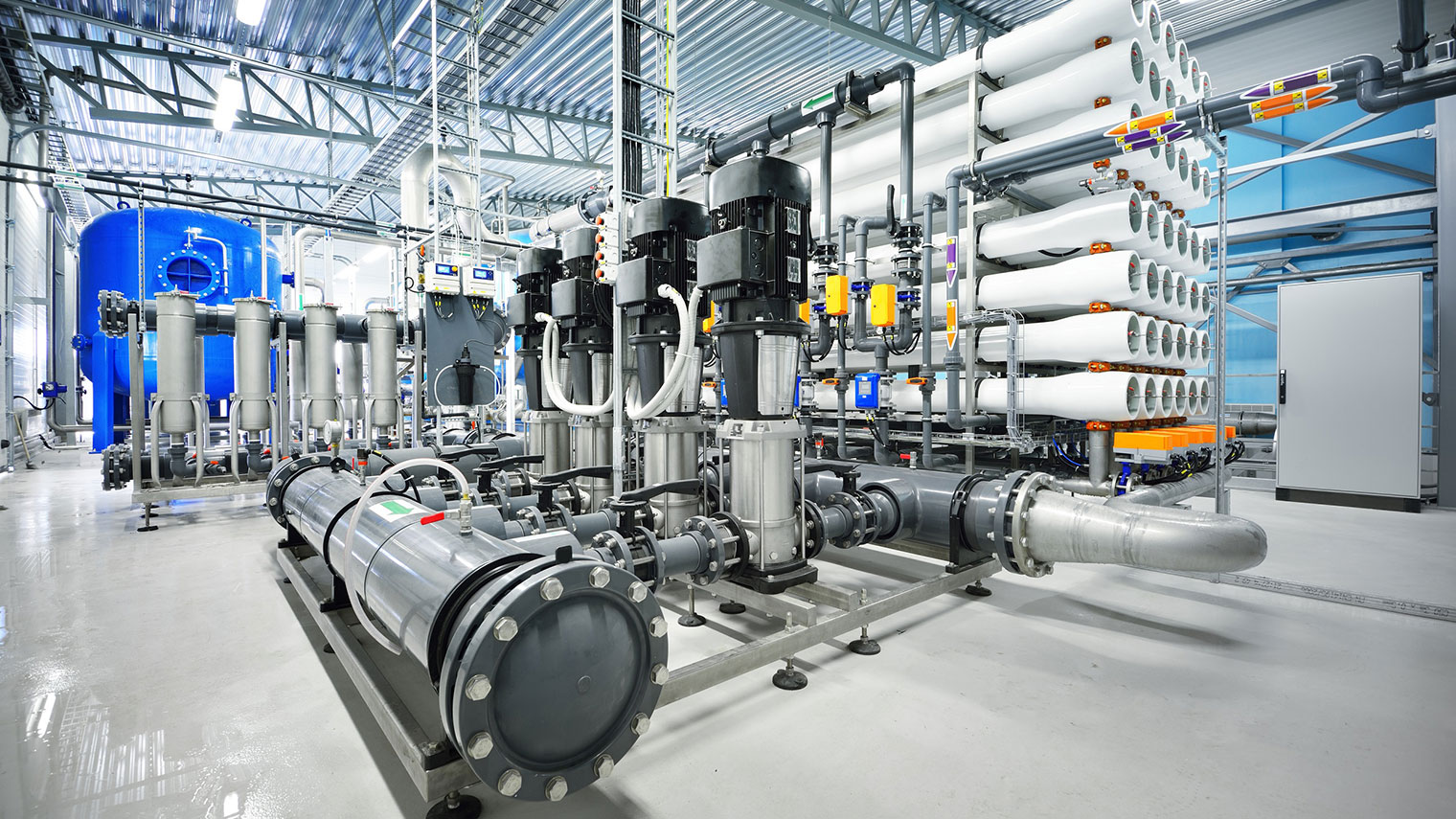Compliance with Trends

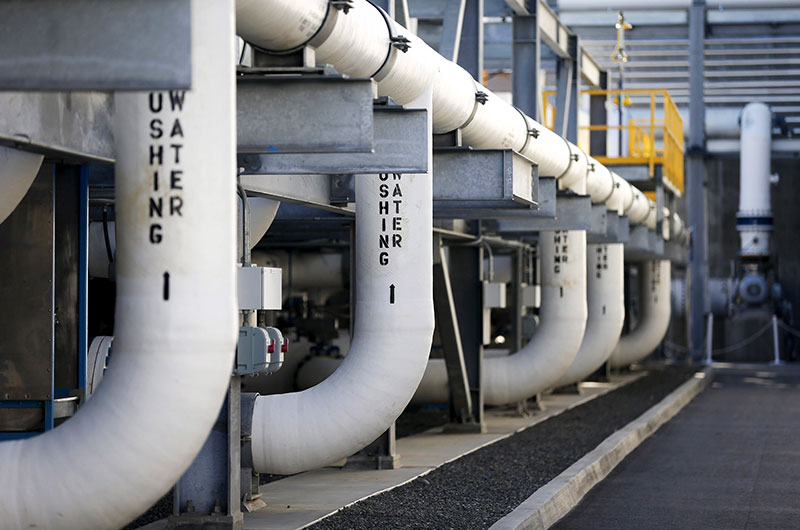
Trend 1: Decarbonisation
This trend refers to the transition towards a clean, carbon-free world, largely by increasing our use of renewables and increasing premiums on the use of fossil fuels. Electrification is often touted as a significant way to decarbonise energy (switching to electric cars, for example). Unfortunately, for the moment, fossil fuels still make up a majority percentage of electricity generation in many countries, including the US, where fossil fuels are responsible for 60.3% of electricity generation.
For electricity to become emissions-free, we must move further towards renewable energy solutions such as wave energy, wind, solar, and biofuels. This alone could eliminate as much as 7 million deaths per year from air pollution, and slow (or reverse) the effects of global warming.
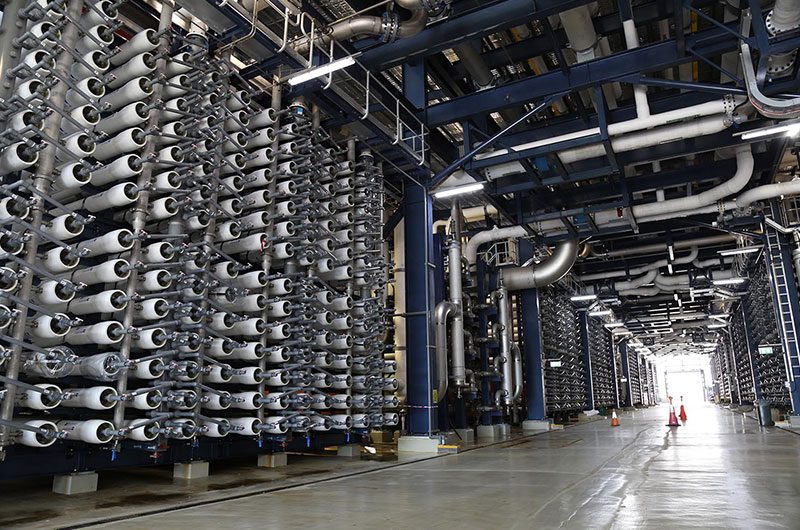
Trend 2: Decentralisation
The plant follows a decentralised model. Water production is closer to consumption. In a nutshell, this trend is all about transitioning away from our current system of highly centralised water grids run by monopolistic providers, towards distributed production systems. In other words, thanks to a combination of renewable energy and localised water production, the integration of water supply and management is much easier to achieve.
As an example, If you have rooftop solar panels, you will already be familiar with this idea. But, importantly, the solution of a distributed SWRO scheme can scale up much bigger than that, serving key neighbourhoods and, in a combined array, a whole city or region. This is exciting because it means individual consumers, organisations, and local authorities can take charge of their own portfolio.
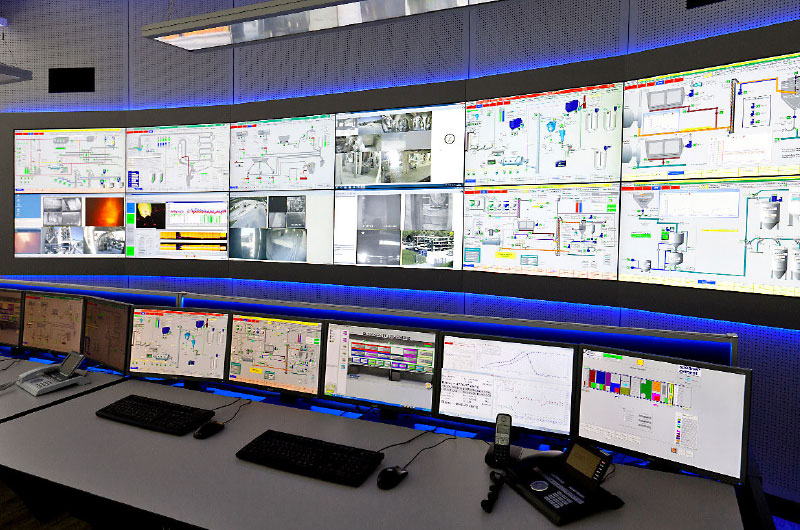
Trend 3: Digitisation
This trend is all about the use of digital machines, devices, and technology to optimise water production, infrastructure, and use. We have “intelligent” everything these days, from intelligent vacuum cleaners to intelligent coffee machines, so why not intelligent water supply networks?
This trend is inextricably linked to the previous two. An increasing variety of zero-carbon water supply sources will mean our energy networks become more complex. And decentralised water grids need intelligent solutions to monitor and manage fluctuating demand. Digital tools help us overcome these challenges and realise much-needed changes in the sector.

Our founding principle
“Liberty is the right to have basic services, freedom is to have access to such services.”

